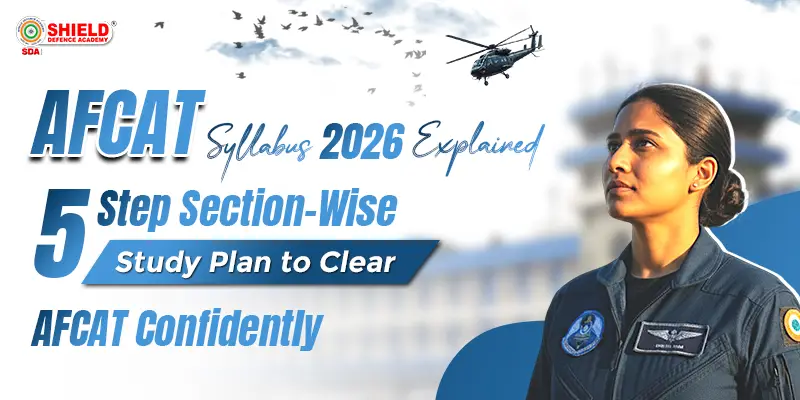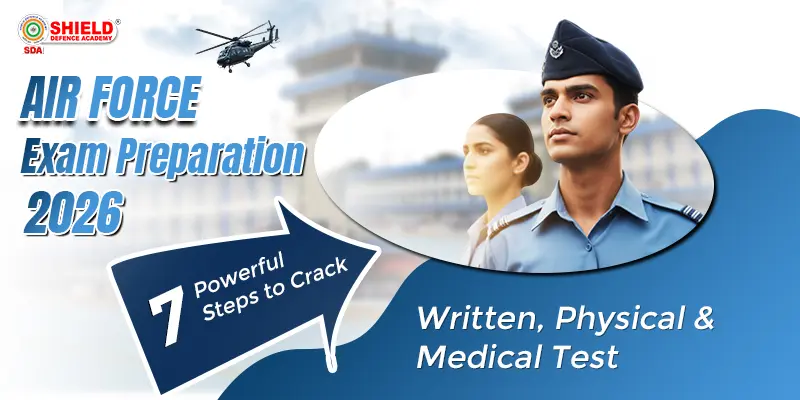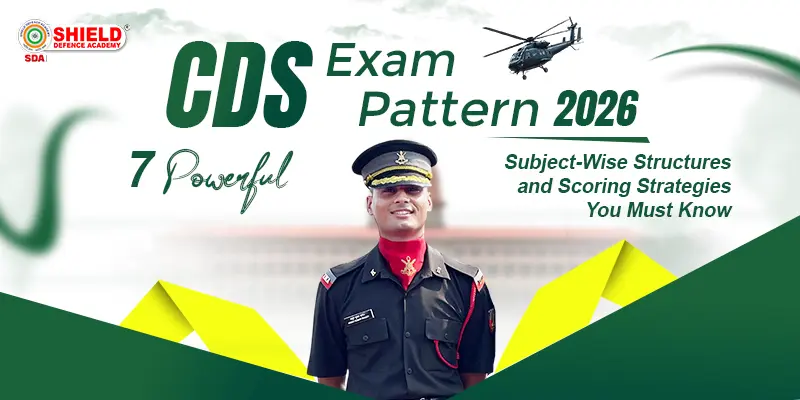Why the Individual Psychology Dossier Could Make or Break Your SSB Interview Selection Guidance by NDA coaching in UP
Ever heard of the Individual Psychology Dossier? If you’re preparing for the SSB interview, this term should be etched into your mind. Think of it as your psychological blueprint—a profile created by assessors based on your subconscious reactions, thought patterns, and personality traits. At Shield Defence Academy, the top NDA coaching in UP, we often say: “Your psychology reveals what your mouth can’t say.”
This dossier silently travels across the assessors’ table, influencing their judgments and decisions. It’s not just another file; it’s the ultimate deal-breaker—or deal-maker.

🔍 Understanding the SSB Interview Process
The SSB interview spans five intense days:
-
Screening
-
Psychological Tests
-
GTO Tasks
-
Personal Interview
-
Conference Day
While physical tasks and interviews are more visible and known, the Psychological Testing stage often catches candidates off-guard. Why? Because it digs deep into who you are, not who you pretend to be.
🧬 The Role of Psychology in Officer Selection
The military doesn’t just need tough bodies—it needs resilient minds. Psychologists at the SSB look for leadership qualities, emotional maturity, and the ability to handle stress. These aren’t visible on the surface. That’s where the Individual Psychology Dossier comes in.
It silently records and reflects your mental and emotional DNA.
📂 What is the Individual Psychology Dossier?
The Individual Psychology Dossier is a confidential document compiled by the psychologist during the SSB. It’s based on:
-
Your written psychological responses
-
Body language observed during group discussions
-
Your self-description and situational reactions
In short, it’s your “mental resume.”
🔬 Breaking Down the Dossier
Here are the four psychological tests that build this dossier:
🖼️ Thematic Apperception Test (TAT)
You’re shown ambiguous pictures and asked to write a story. This reveals how you perceive challenges and your outlook on life.
🔤 Word Association Test (WAT)
60 words, 15 seconds each. Your first instinct is your honest thought. This helps assess your mindset, biases, and moral values.
🧠 Situation Reaction Test (SRT)
You’re placed in imaginary yet realistic dilemmas. Your choices define your problem-solving abilities and priorities.
🪞 Self-Description Test (SDT)
You describe yourself from multiple perspectives—your parents, teachers, friends, and your own. The consistency in all four is key.
💥 The Hidden Power of the IPD
Here’s the twist: SSB assessors don’t decide in isolation. They cross-reference your psychology results with your GTO and interview performance. If there’s a mismatch between what you write and how you act, that raises red flags.
The Individual Psychology Dossier is often the tiebreaker when your selection hangs in the balance.
❌ Common Mistakes Candidates Make with Their Psychology Dossier
-
Trying to be too perfect: Over-glorifying stories or responses
-
Inconsistency: Contradictions between psychology, GTO, and PI
-
Time panic: Writing incomplete responses or irrelevant actions
Avoid these traps. You’re not writing for marks—you’re writing your reality.
🎯 Insights from Shield Defence Academy, UP
At Shield Defence Academy, NDA aspirants go through intense psychological grooming. Here’s how we do it:
-
Mock Psychology Tests under real-time conditions
-
One-on-one counseling for SDT improvement
-
Story development sessions to build originality and depth
We’ve guided thousands who’ve cracked the IPD and earned the green card.
📘 Real Examples from SSB Selections
Case 1 – Selected:
An average scorer with honest, consistent stories and natural leadership qualities. His SDT matched his TAT and GTO behavior.
Case 2 – Rejected:
Topped written NDA exam but wrote cliché, textbook-style responses. Fake SDT. Psychologist flagged him as “incongruent.”
The difference? Authenticity.
🔑 Tips to Build an Authentic and Strong Individual Psychology Dossier
-
Practice WAT and TAT daily, but don’t memorize templates.
-
Reflect on your real-life actions—that’s where your best stories live.
-
Ask your parents and friends how they perceive you. Cross-check with your SDT.
👨🏫 The Role of Coaching in Psychology Preparation
Self-study helps, but expert guidance transforms. With Shield Defence Academy:
-
Real-life simulations prepare you for time pressure.
-
Experienced mentors decode your personality.
-
Feedback improves both language and logic.
🔗 How the IPD Connects All Three Testing Methods
If psychology shows you’re confident, but you fumble during group discussions, the panel senses a conflict. The dossier helps them look past the mask.
That’s why all three—Psychology, GTO, and PI—must reflect a consistent image.
🕵️♂️ The Interview Officer’s Secret Weapon
Interviewers often skim through your dossier before speaking with you. They target questions based on psychological “red flags” or unclear thoughts. Ever wonder why they ask you about that one line from your SDT? It’s in your IPD!
🚫 Myth-Busting the SSB Psychology Round
-
Myth: “Write heroic stories only.”
❌ No. Write realistic and positive ones. -
Myth: “You must be fluent in English.”
❌ Not true. Content > language. -
Myth: “Psych tests can’t be prepared for.”
❌ They can, and should, be practiced the right way.
✅ Final Checklist for the Psychology Round
-
Get 8 hours of sleep the night before.
-
Visualize calm responses and relatable stories.
-
Don’t copy. Be you, not someone else.
🧾 Conclusion
The Individual Psychology Dossier is more than just a document. It’s your psychological fingerprint. It captures the essence of who you are and reflects it to the assessors without you ever speaking a word. If it aligns with your actions and personality during the SSB, you’re through. If not, it becomes the silent reason you get screened out.
So, whether you’re self-preparing or training at a top NDA coaching centre like Shield Defence Academy in UP, remember: Your dossier doesn’t lie—so don’t lie to it.










